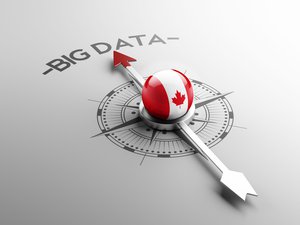Although not visible or understood by the average customer, standards keep the economy running. Standards describe and define the importance of a process, product, service or system. They provide a level playing field for industry and help build trust between participants in supply chains. When it comes to tangible goods — from a screw, to a toaster to a car — there is an expectation that products will have gone through this process of standardization so that consumers can rest assured that these products are safe and work properly.
With the advent and growth of the internet, it became possible for anyone around the world to design a new app and deploy it within a few weeks. Unfortunately, the standards that were needed for these new products had to be developed at a pace that established standards development organizations could not meet. This standards void has resulted in a wave of incidents involving the improper, unethical or illegal sharing of data and a resulting reluctance by companies to enter into the largely unregulated data marketplace.
The solution presented in this video by CIGI Senior Fellow Michel Girard, is to frame big data collection in a consistent manner, in order to help create ecosystems where big and small companies can thrive while consumers and users are protected. How can this be done? Girard suggests that a “big data value chain” (similar to other tangible value chains) would allow participants in supply chains to collect, access and use data in a safe and predictable manner. Failing to act, Girard concludes, could result in three or four large big tech companies taking over how data is managed.


